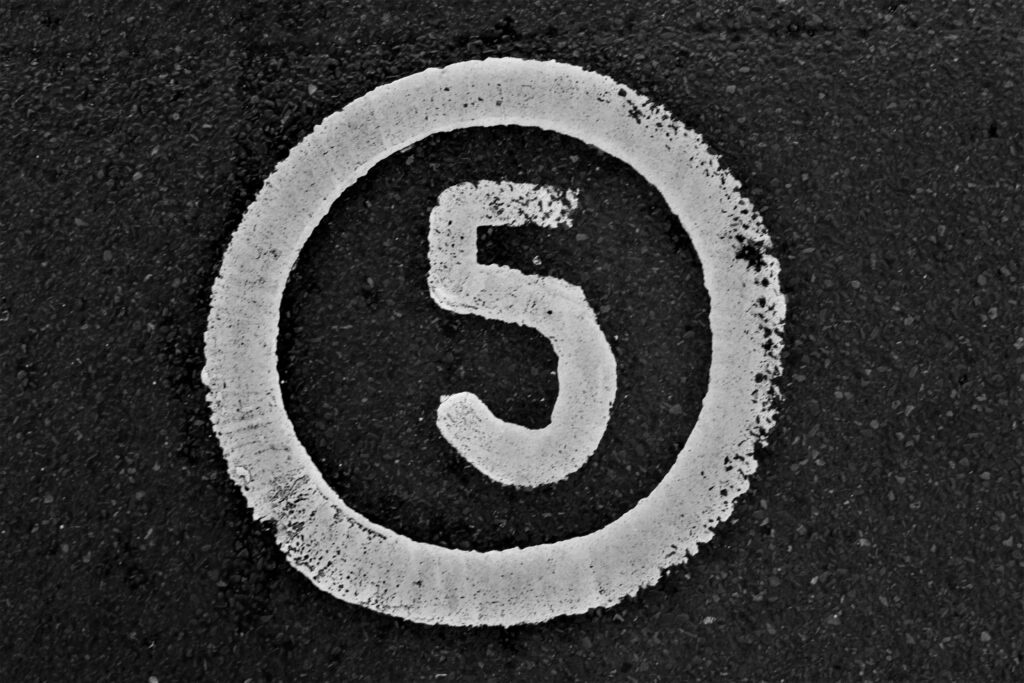He who walks in the Truth, arrives
We must revive hearts, let them burn!

My attention was pleasantly drawn to the Spanish edition of Karol Wojtyla’s play, Jeremías (Didaskalos, 2023), under the care of Professor Carmen Álvarez Alonso, who writes the long and substantial preliminary study of this play from Wojtyla’s youth, written at the age of 20, in 1940. I knew the play The Goldsmith’s Workshop and some of his poetry, which was translated into Spanish. This work of youth reveals the artistic essence of who would be Saint John Paul II in which so many of the themes that will accompany his intellectual and pastoral work shine: truth with a small and capital letter, the cultural and spiritual identity of the people, patriotism, the deep Christian meaning of life, the hope that accompanies the joys and sorrows of human beings.
Jeremiah, the prophet of the Old Testament, raises his voice in the name of God to tell the people of Israel to return to the Way and fulfill the Law. The false gods, the Baals, and idols to which the ruling elites and the people have turned Jewish are a clear breach of the Covenant. Jeremiah announces that the success and prosperity they enjoy at that moment is a flower of a day: everything will vanish and be destroyed by the invaders. He prophecies that, indeed, are fulfilled when Jerusalem falls and the people are exiled to Babylon.
Wojtyla takes inspiration from Jeremiah to meditate on the fall of the Polish people under the oppression of the Nazis and, later, the Soviets. The “depolonization” to which they are subjected by the invaders requires memory and courage to not lose the consciousness of homeland, forged over centuries and which gave Poland its cultural, historical and spiritual identity. Polish Christianity is not an external veneer, but is a constituent of its national identity. Wojtyla, therefore, places as characters the Polish general Stalislaw Zolkiewski, who died in the battle of Cecora against the Ottoman forces. The other important character is Father Pedro, who knows that words are not enough if they are not accompanied by the transforming power of the Spirit: “Words are not enough, words are not enough. We must revive hearts, let them burn! You have to plow them like a plow – the weeds are cut – the tares are uprooted” (p. 137).
Return to the fountain of living water, Jeremiah asks his people: “where is the fountain that flows without ceasing, in the midst of this people, in Israel? First you must wash your eyes! First you must wash your eyes! -and remain pure as crystal, not in adultery, not in lies, but in the Truth before Jahweh. In the Truth there is Freedom and Splendor-In the lie you go to slavery” (p. 153). “The Truth will set you free”, this expression of the Gospel, Wojtyla, is very clear. It is not only for the personal sphere, it is also for the public space. How important to meditate again and inflame the heart with this cry: to proclaim the truth, to be true. Getting used to lying in the public space, whether in politics, the economy or business, is very low law. Lies pay very poorly and eat away at human coexistence: there is no family, city or country that resists the dissolving power of lies and deception.
Father Pedro says: “Are these the brothers?! How can a family go well, how can it go well, if it is so easy for a brother to kill another brother? I have seen it. But why? Why? Well, out of envy, to appropriate everything. This beloved country is not yours alone, this sacred mother is not yours alone, it must also be yours for others! For others too!” (p. 183). It is enough to think about the lamentable spectacle of political corruption that has afflicted us in a striking way in the last 25 years, to realize that at the root of the bribes and back and forth between one another are greed, envy, anger. . All of them, capital sins that are born from the darkness of the heart. Vices of the soul that lead to thriving for one’s own benefit, forgetting about one’s neighbor and the common good.
In each section of this play by Karol Wojtyla we find speeches like these that do not leave the reader indifferent. They invite us to stop and meditate, they worry us and challenge us, but, at the same time, they fill us with a healthy optimism, because whoever walks in the Truth, even when the path is narrow, arrives.
Related

The Five (5) “C’s” of PonCe
Exaudi Staff
04 April, 2025
4 min

The Lies of Love: Debunking Myths and Rediscovering the True Meaning of Love
José María Contreras
04 April, 2025
1 min

Family and Mental Health: Parents’ Secret Superpower for Raising Happy Children
Laetare
04 April, 2025
3 min

Cardinal Arizmendi: Let Money Not Rule Us
Felipe Arizmendi
03 April, 2025
4 min
 (EN)
(EN)
 (ES)
(ES)
 (IT)
(IT)

